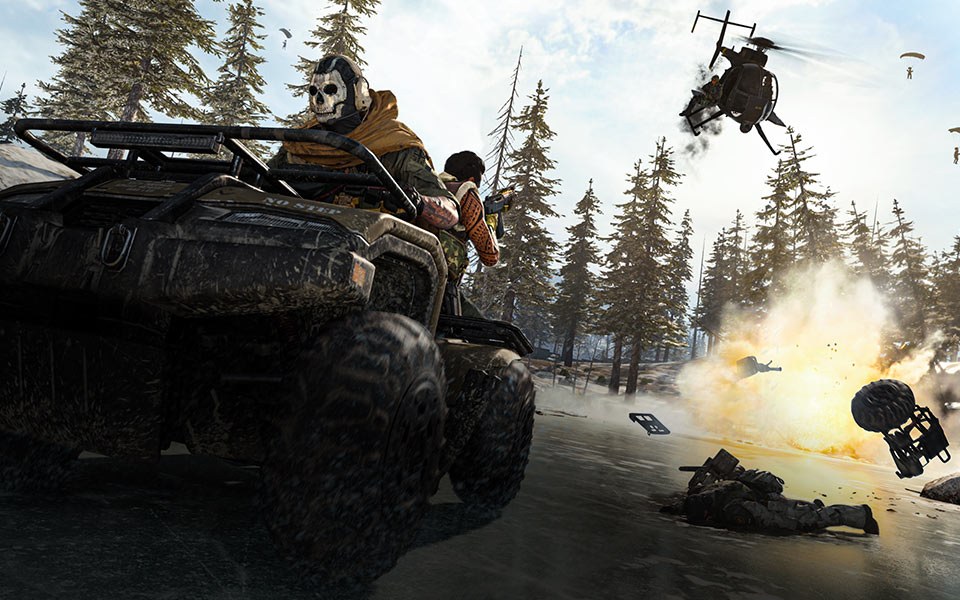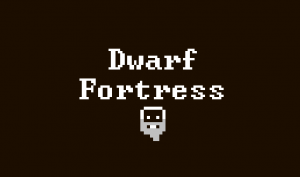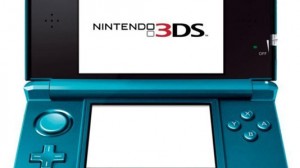
We don’t know if you’ve noticed, but Call of Duty: Warzone is insanely popular.
Warzone is a free-to-play battle royale title based on the technology that powered 2019’s Call of Duty: Modern Warfare. While Warzone was released months after Modern Warfare, it essentially became “the” way to play the game in just a few weeks.
Maybe that’s because the game is actually very good. Warzone is more grounded than a battle royale title like Fortnite, but it’s not nearly as rigid as a game like PUBG. It’s similar to Apex Legends in terms of speed, but many have praised it for its lack of character abilities which they feel greatly helps the title’s gameplay balancing. It certainly doesn’t hurt that Warzone benefits from the strength of the Call of Duty name which lends it global appeal and a global size player base.
But as Call of Duty fans know, nothing lasts forever. In fact, most recent Call of Duty games haven’t been supported for more than a year. This has led some fans to wonder whether or not Activision should continue to support Call of Duty: Warzone as a standalone experience even as they reportedly prepare to release a new Black Ops game in 2020.
It’s a great question. In fact, you may recall that we raised a similar question in regards to the previous Call of Duty battle royale mode (Call of Duty: Black Ops 4‘s Blackout mode).
However, Warzone has something that Blackout did not. More accurately, it doesn’t have something that Blackout did: a price tag.
You needed to own Call of Duty: Black Ops 4 to play Blackout, but you don’t need to own Call of Duty: Modern Warfare in order to play Warzone. Even if Warzone was just a re-release of Blackout, that move to free-to-play would have almost certainly ensured it grew to be more popular than its predecessor. Instead, developer Infinity Ward went and improved the ideas of Blackout in nearly every respect and even threw in a few genre innovations (most notably Warzone‘s brilliant Gulag concept). The result is arguably the best battle royale game on the market.
Given what we’ve seen from Activision in the past and their belief that a degree of turnover and “newness” helps strengthen the Call of Duty brand, we’re almost certain that Call of Duty 2020 will introduce a new battle royale mode. It might even launch with the “base” game this time around.
Yet, there’s a part of us that’s left wondering “why bother?” Warzone is already a hit, and even though the Call of Duty franchise is more or less on autopilot hit mode at the moment, there’s a very real chance that the next Call of Duty game’s battle royale mode will disappoint Warzone fans everywhere. On top of that, it’s a free-to-play game, which means its not really tied to anything but its visuals.
You could argue that Call of Duty fans may be more inclined to abandon something that is visually dated, but Fortnite has proven that millions will stick with the right multiplayer experience even if it’s not the best looking game around. Besides, it’s highly unlikely that early next-gen games are going to look significantly better than current-gen games.
The sad truth of the matter is, though, that Activision has put themselves in this awkward position where their fans have essentially come to expect something new even when the current project is doing quite fine and can be grown into something even better. If a new Call of Duty battle royale isn’t released in 2020 (or soon thereafter) the conversation will likely be dominated by fans wondering where that game is.
What we’ll all just have to hope for, then, is a day when Activision surprises millions by releasing a popular free-to-play game that they intend to stick with for years to come via exciting and consistent content updates. As we learned from their history as Destiny‘s publishers, though, that possibility isn’t likely.



